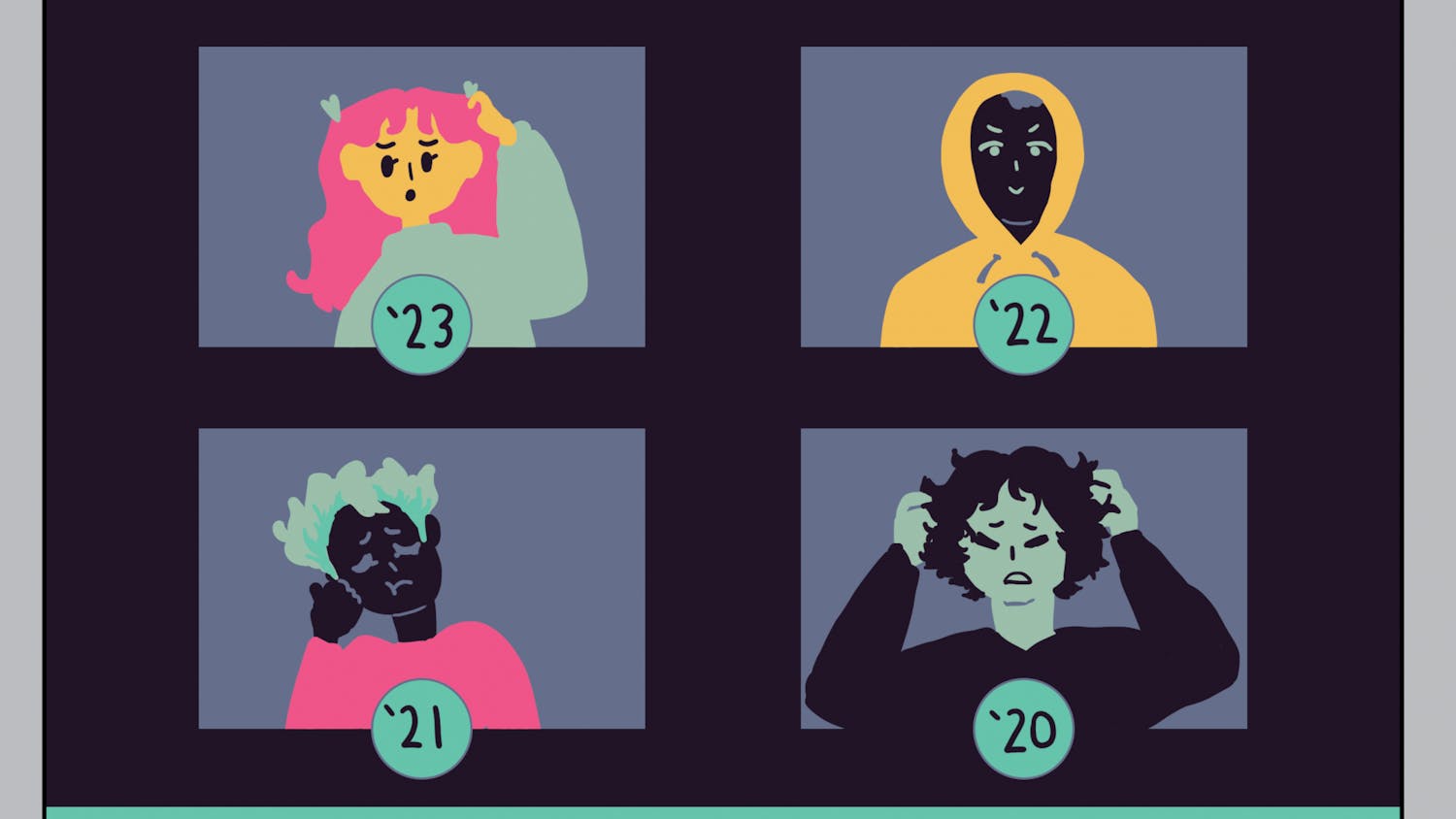2020 is an unusual year in the teaching career of economics professor David Blanchflower, who said that this term, he regularly goes off the syllabus in his classes ECON 2, “Economic Principles and Policies” and ECON 42, “Topics in Macroeconomics,” to discuss the current pandemic. The Dartmouth sat down with Blanchflower to discuss his predictions for the COVID-19 outbreak, based on some unique lessons learned from his former position as a member of the Monetary Policy Committee of the Bank of England.
How are you adjusting to online teaching so far?
DB: It's an astonishing time to teach economics and especially macroeconomics. I am literally teaching about what's happened in the last month, and every day I talk about what's happened since I last saw them. [The COVID-19 pandemic] is highly, highly topical and we're trying to think about what's going on. And I've told the classes I can rename this course to be [called,] “What the heck is going on?”
I think we can agree that this pandemic has affected many aspects of our society. Dartmouth itself has been impacted as well. In fact, they announced a few days ago a series of measures intended to handle a coronavirus-related economic downturn. What do you predict to be the impact that this pandemic has on higher education institutions?
DB: This is obviously an interesting question — that is, does the Dartmouth model continue in the form of a community-based university? Maybe Dartmouth is going to have to have different products and a more diversified portfolio down the road. But obviously it is not immune to the decline in income. My understanding is that we've had a major loss in selling our “hotels,” and our “hotels” are the dorm rooms that all of you guys were going to rent. And that's a major drop in income, and obviously the question down the road is: Does this model continue, and what's going to happen to the market down the road? All are big questions. I don't think we can answer them now because it's unclear how much of this is a permanent change, but certainly Dartmouth is in a good position to ride out of the storm.
You served on the Monetary Policy Committee at the Bank of England during the 2008 financial crisis. And here we are today witnessing another crash in the global economy. Could you briefly expand on how we got to where we are now?
DB: The first phase has to be prior to the Great Recession in 2008, where central banks essentially allowed the explosion of credit into subprime housing markets and did nothing about it, and held interest rates essentially too low. And then the Great Recession came along … I really was pretty clear that a huge recession was coming along about a year before that, and lots of other people really didn't see it.
The next part is that a huge mistake was made from December 2015 to December 2018 when the [Federal Reserve] raised rates eight times thinking that the U.S. economy was at full employment when it clearly wasn't. But what happened is that from 2018 on, the Fed was forced by the markets to start to pull back on its interest rate cuts. Well, then along came this horrendous virus which shut down economies around the world. And oh boy, did the unthinkable happen in a very short time.
We've seen more emergency meetings, central banks cutting rates, expanding liquidity at the same time trying to do things to play catch-up. But I would certainly say the speed in which they've adjusted and what they've done appear to mean that they've learned lessons. Just as an example, the fact that suddenly rates were cut in weird proportions. And then the whole idea of what a central bank's going to buy, how much liquidity are they going to give, what are they going to do to throw liquidity at the market. The answer is that they’ve thrown everything they have at it, but they set themselves up beforehand with very bad economic policy.
Is there anything else that you think institutions such as the Fed could do to prevent the economy from being more severely damaged by the pandemic?
DB: There are limits, I think, on what the Fed can do. The big thing we've started to see, which I think is a really big improvement, is the potential of what the Fed can buy. I remember being told in a briefing in 2008 that the central bank can buy anything in principal. And I think that's where we are going. It can certainly buy private corporate bonds, and it probably is going to end up buying state bonds of various kinds. So, the potential that they could buy anything is clearly there.
The problem part has been the Congress — the Congress needed to act. The great benefit of a central bank is that they can have an emergency meeting and do things very fast, but there are limits. The Fed’s interest rate is basically at zero. Could it go negative? Absolutely. It could, and we need to be thinking about the possibility of doing that — whether it could legally do it is unclear — but we have had the European Central Bank, the Bank of Japan, Switzerland, Sweden’s rates gone negative. But you can't really blame the Fed’s right now.
We really, really are at the edge of where the economy is, and we don't really know. Each day, we have to look at what's happening. Small businesses are desperate for money, workers are desperate for money and gotta pay their rent. What we've got to do here is to get money to people so that they can pay rent. I quite like the line which is, maybe what we need this time around is helicopter money, not aircraft money. Aircraft money means you go out and you put $50 billion into helping United Airlines or Boeing, but actually maybe what you need is to go and put money in the helicopter and fly around and give people money. We need to get money to people so that if they are laid off from their jobs, they can pay their rent.
As you mentioned, the U.S. public is seeing a surge in unemployment claims, but traditional indicators that the Bureau of Labor Statistics releases every month, like the unemployment rate, are not a true reflection of how the economy is doing. From your perspective, what measurement would be an accurate and reliable reflection of how the economy is doing during this pandemic?
DB: So the unemployment rate picked up by seven percentage points, but there are better indicators. First of all, the employment to population rate, which is just the proportion of people who are employed. Well, that dropped by the biggest amount it's ever dropped since 1948 in a single month.
The other one, which is really important, is underemployment. We saw the biggest rise ever in the underemployment rate. So people who are in work can't get enough hours. They've got less income than they would like. Underemployment really matters, and we're going to see underemployment exploding.
This article has been edited and condensed for clarity and length.




